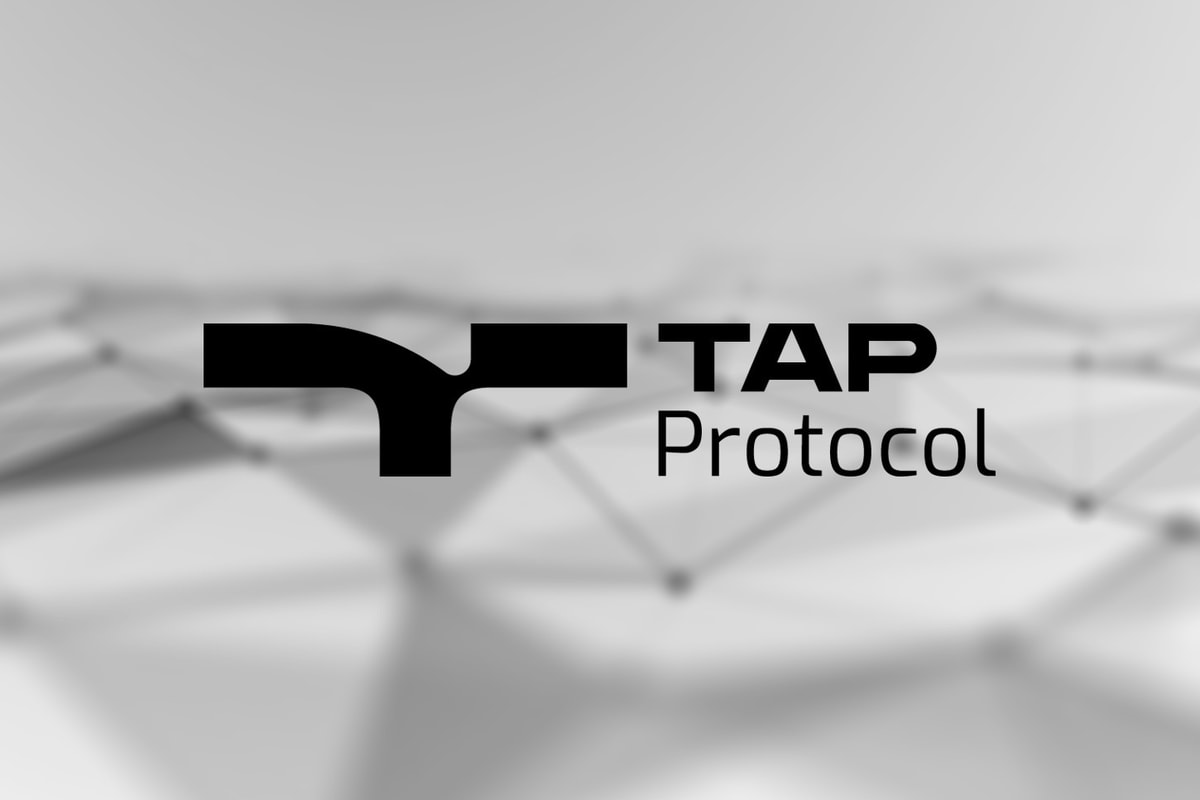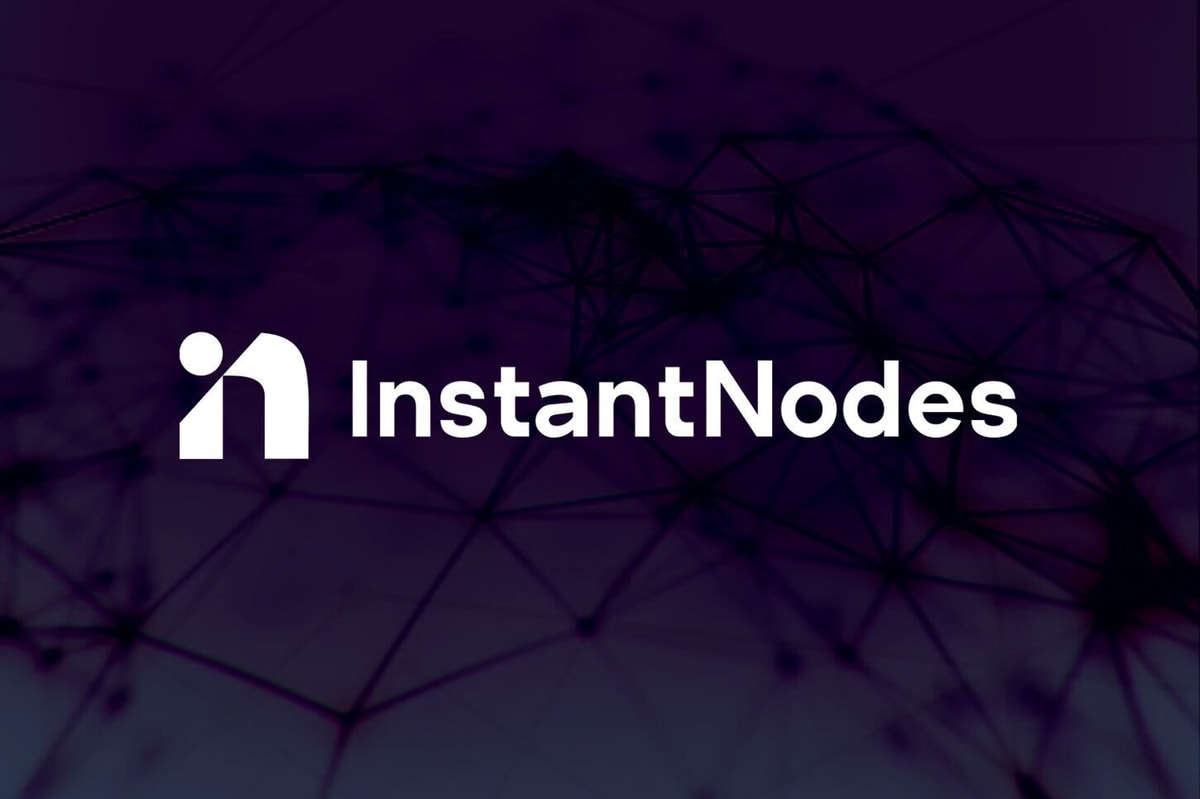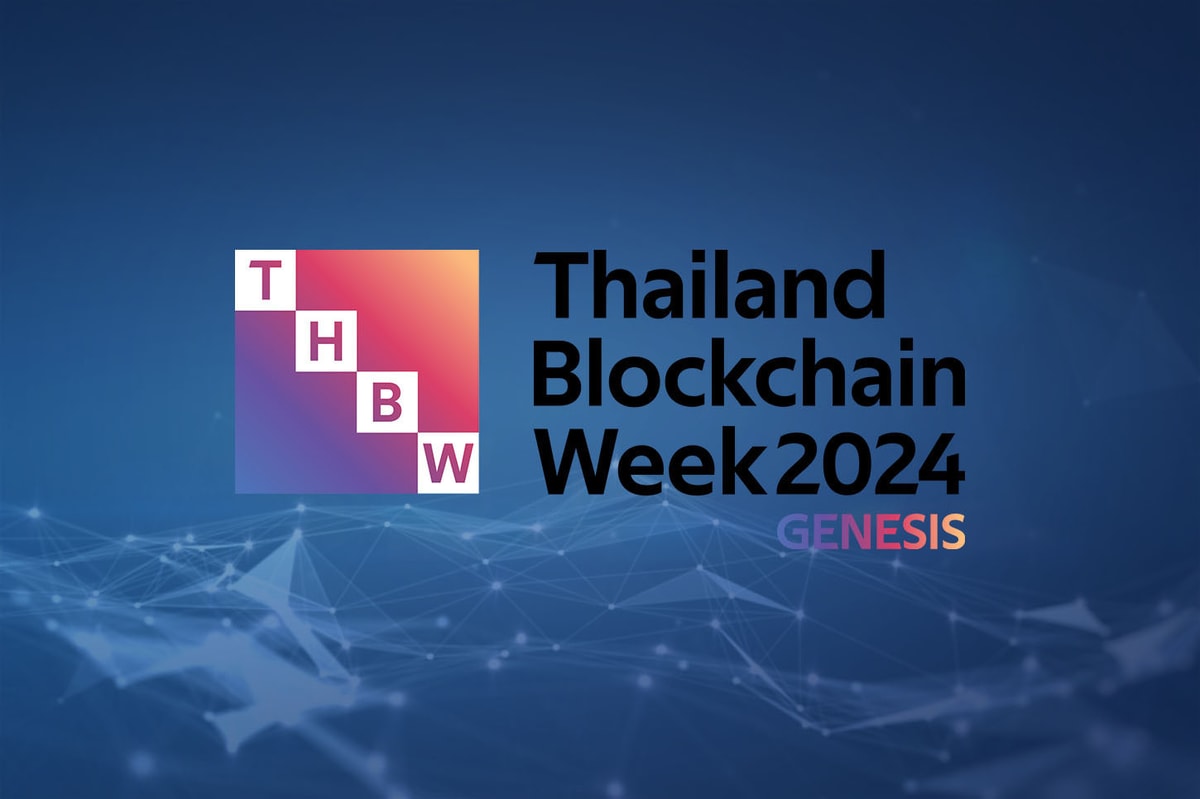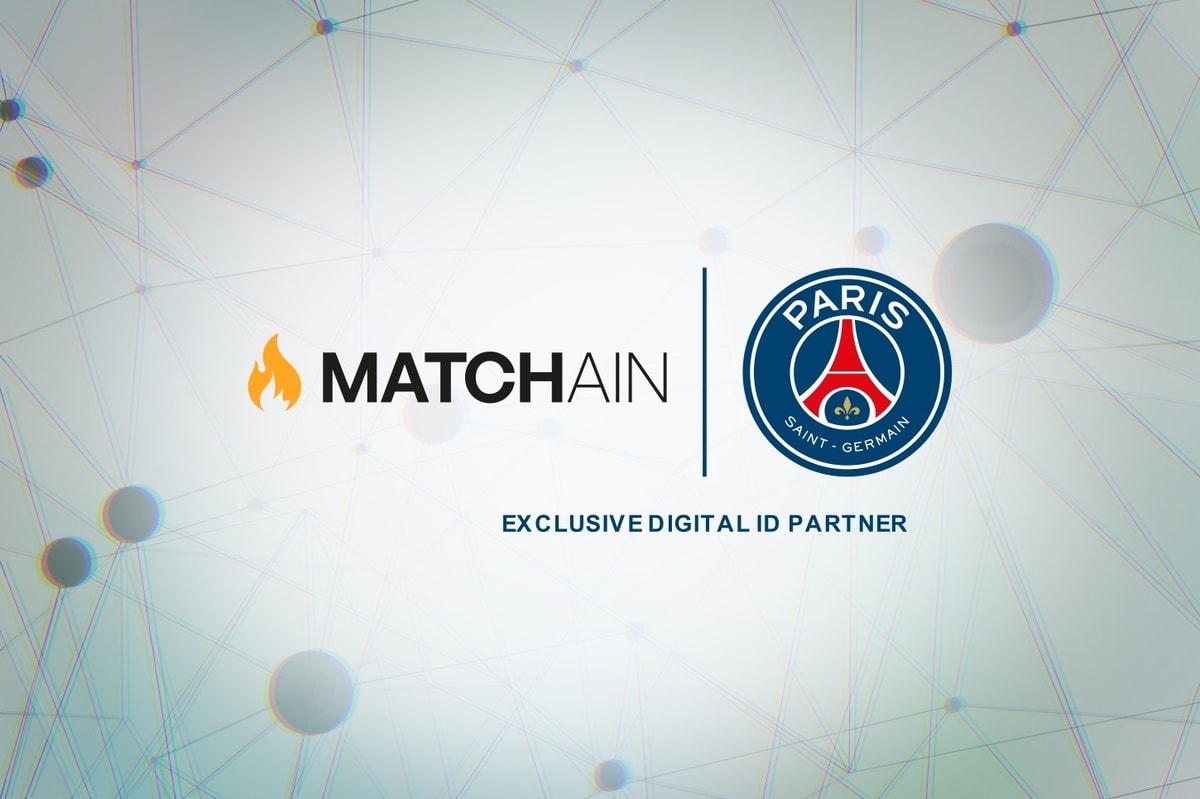Decentralized map project Hyperion launched a live-streaming Map3 initiation conference on the 18th May to deliver latest project updates to the global community. Due to the influence of social-distancing, Hyperion communities in Europe and South-east Asia, and major partners such as Bibox and Harmony watched the conference and sent their greetings on air.
Co-founders of the Hyperion team, CEO Mr. Kai Law, CTO Mr. Guangxian Zou, and Chief Architect Dr. Isaac Zhang delivered key note speeches.

Map 3.0 (blockchain map) is a huge leap from the open-source map 2.0 (OSM) in terms of community governance and map service applications, which also requires a sophisticated consensus mechanism and economic model to self-sustain the decentralized ecosystem and keep serving cross-industrial users based on location data.
Hyperion MapChain is aimed at providing a one-stop location blockchain service (LBS) via the model of crowd-source, crowd-built and crowd-govern. Map3 network opens the gate for both OSM volunteers and traditional digital map users to engage with the decentralized ecosystem with economic incentives in return.
To achieve the self-sustaining ecosystem, Hyperion published the first version of PoH (Proof of Hybrid) consensus mechanism last December. PoH is a well-structured selection mechanism to integrate the three-tier community engagement from Titan, Map3 to Atlas Chain with economic model. It utilizes PoW and PoS consensus algorithms on various layers to cherry pick and remain the best network contributors within the network. So far, Hyperion has launched an enriched map product for users to understand and interact with the MapChain.

Decentralized Map Ecosystem at Mobile End
Titan is a consumer-facing decentralized map app for map users and developers to access various map tools built based on decentralized map data and serve Map3 network at mobile ends. The current available functions include, but not limited to route planning, cryptographic location share, signal scan, POI contribution, Map Store, and crypto-asset wallet, etc.
With cryptographic feature, users can share secret locations with friends without leaking privacy to third parties. In case an emergency occurs without any signal during a route planning, Titan app user can check the cellular map layer purchased from the map store to locate the nearest cellular, and send immediate rescue request from the spot.
Titan nodes will provide similar decentralized map services as cloud nodes in future, but via portable smart devices. Hyperion will release the Map3 Titan node staking rules in the next version of economic model. According to the CEO Kai Law, the threshold to deploy a Map3 cloud node is closely linked with the staking rule of Titan nodes when mainnet launch.
A Bridge to Connect Traditional Map Users with Map 3.0
Map3 is a global decentralized map service network that supports Hypertext Transfer Protocol Secure (HTTPs). It protects user privacy by encrypting map data with a strong cryptographic primitive.
Map3 nodes are composed of core nodes and edge nodes that differ in service capability and therefore vary in deployment thresholds. A core node saves and distributes a trusted data source and it requires a huge local storage; while an edge node increases the network efficiency via distributing map data to a nearby requester. The cloud node and Titan nodes mentioned previously refer to edge nodes.
As more network participants enrich the Hyperion Map3 services, an inflow of business users will generate value out of the ecosystem by paying tokens as service fees to request map data. The circulated and consumed tokens (HYNs) will drive the economic value of the ecosystem further and reward network contributors.
Hyperion’s Spatial Consensus Blockchain
Atlas is a high-performance spatial consensus blockchain featuring with censorship resistance, open participation and fault-tolerance. It is aimed at solving spatial service requests such as asset transactions and validation with improved scalability, low-latency, low-cost, privacy-preservation, and interoperability.
After the mainnet launch, users can deploy Atlas nodes with HYN staking to provide on-chain services. Click here to find out more about the internal relations between node deployment on each layer.
In addition to the product updates, The Hyperion CEO Mr. Kai Law released the project Roadmap over the next 6 months as follows.

In June, Hyperion will launch Economic model 2.0 with updated node staking rules from Titan to cloud node.
In July, Hyperion will launch Titan 3.0 decentralized trading.
In August, Hyperion will announce white paper 2.0 of Atlas Chain TestNet.
In September, Hyperion will launch Atlas Chain mainnet with a global initiation conference.
In December, Hyperion will provide HRC30 smart contract details.
Since Hyperion first built the vision of One Map, the team has been fulfilling the entire decentralized ecosystem with technology and products to achieve a better blockchain service driven by decentralized consensus on map. As has been reinforced by the key members, the evolution to Map 3.0 will be achieved with the support of all global community members.











